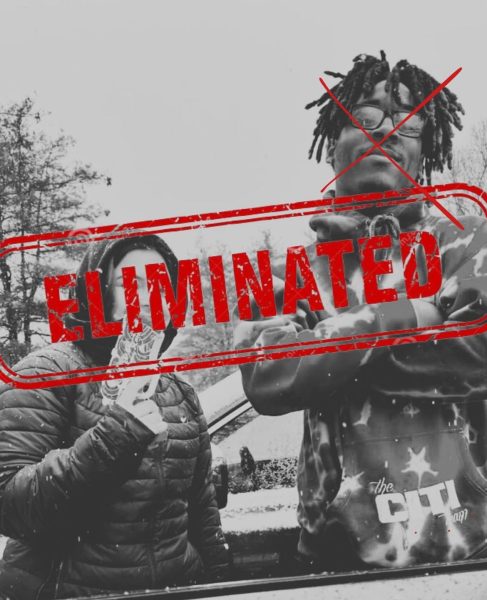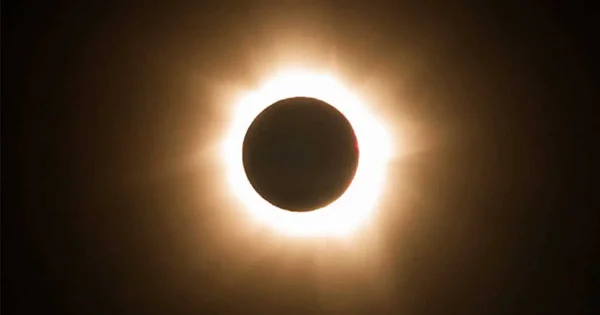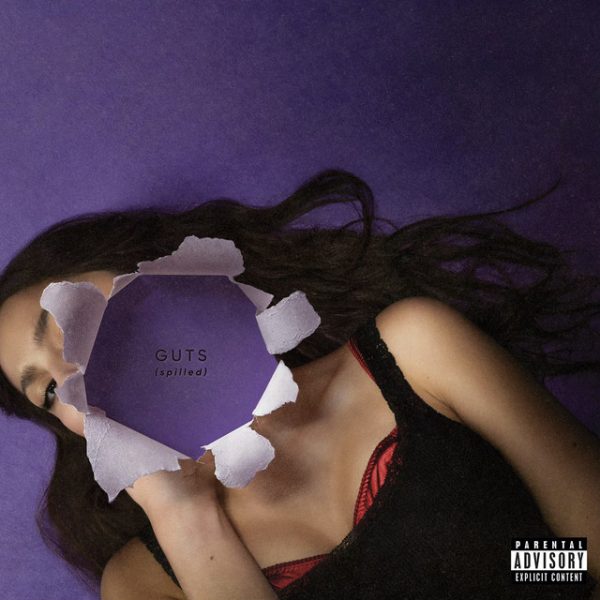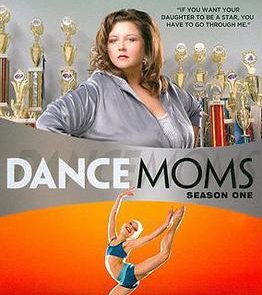Why Is Everything Cultural Appropriation?
June 11, 2019
The term ‘cultural appropriation’ has come to represent the act of incorporating a culture that isn’t yours in a disrespectful manner; but in the media, almost any incorporation of a foreign culture can be considered cultural appropriation.
This term is mostly used against Caucasians who ‘copy’ a certain aspect of foreign culture.
I understand accusations of cultural appropriation when the representation is inaccurate or offensive to the culture, but I don’t understand accusations of cultural appropriation when the representation is done out of respect or inclusion of the culture. What is the line between cultural appropriation and respectful integration of the culture?
Much of the cultural appropriation shown in the media consists of a White American appropriating African-American culture. To give you an idea, White women have been accused of cultural appropriation for sporting cornrows.
Why is this seen as more than just a hairstyle? Does this mean it’s disrespectful for White women to style their hair like Black women? If so, doesn’t it encourage segregation? To me, the notion that a hairstyle can be considered disrespectful is counter intuitive to the ongoing fight for equality.
During the Civil Rights Movement, African-Americans fought against segregation; they fought to be given an equal place in society, to be integrated into the community as welcomed citizens. They also fought to give their culture the ability to thrive, and for a culture to truly thrive mustn’t it be integrated into society?
However, some instances can be interpreted as ‘stealing’ the culture or taking credit for ‘popularizing’ it.
In January of 2018, Kim Kardashian posted a photo on Instagram where she had cornrows with the caption: “BO WEST”. She received backlash for having cornrows but also for her caption that seems to wrongfully give credit. The caption suggests that the hairstyle is credited to Bo Derek, a White actress who sported the style in a 1979 movie, not African-American women. This left some audiences aggravated due to the lack of recognition for the style’s true origin and the reference to a false one.
However, not all cultural appropriation claims involve African-American culture. In May 2018, a teen was accused of culturally appropriating Chinese culture when she wore a traditional Chinese dress to her prom.
The teen received backlash for her post on Twitter where @jere_bare, responded: “My culture is NOT your… prom dress.”
Although this reply was succinct and dismissive, the teen also received support, with @MadnessOfJerry, responding: “I don’t want non-POC to never be able to enjoy the beauty of another culture, least of all my own” (Wang).
Just six days after her initial post the backlash forced the @daumkeziah to respond: “I mean no disrespect to the Chinese culture. I’m simply showing my appreciation to their culture. I’m not deleting my post because I’ve done nothing but show my love for the culture.”
Sometimes cultural appropriation is claimed by people who are quick to judge the intention of the accused before attempting to understand their true intent. But sometimes, with patience and deliberation of the situation in question, the legitimacy of these claims can be resolved,decided and agreed upon.
Cultural appropriation is a controversial topic and people should research the origins of what they are incorporating from a foreign culture before using it as well as understand why it’s important to that culture.

















